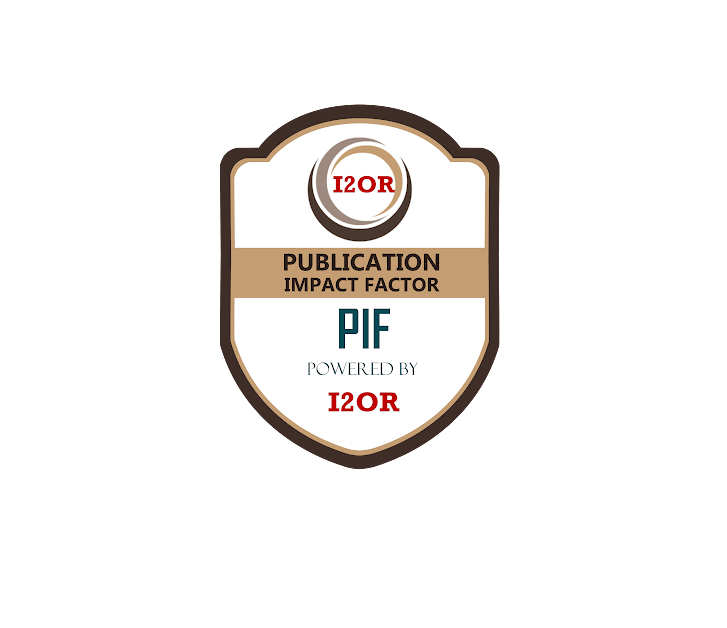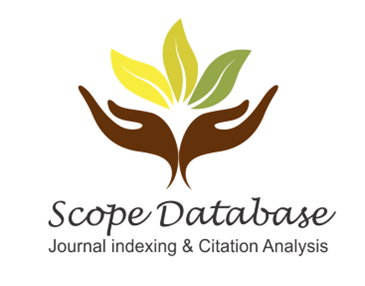BIPOLAR DISORDER AS PSYCHIATRIC MANIFESTATION OF NEUROSYPHILIS
DOI:
https://doi.org/10.53612/recisatec.v2i9.176Keywords:
Syphilis is a sexually transmitted infectionAbstract
Introduction: Syphilis is a sexually transmitted infection of great current relevance that can evolve with neuroinfection if not treated early. Clinical presentation may manifest with neurological and psychiatric conditions that mimic dementia, psychotic syndromes, and personality and mood disorders. Methodology: Search the Medline, Lilacs and PubMed databases using the neurosyphilis descriptors; Neurosyphilis; Bipolar Disorder; Bipolar Disorder. Case reports were selected, between 2011 and 2022, written in English, Portuguese and Spanish. Case report: A 42-year-old male patient without psychiatric comorbidities was admitted to the São Francisco University Hospital (HUSF) due to depressive symptoms. Five months ago, he had presented a maniform episode when a sea and cslefilet VDRL was performed, with a result of 1:128 and 1:64, respectively. He was diagnosed with neurosyphilis and was adequately treated for neuroinfection. At the time of the case, valproic acid was introduced 1g/day and, later, sertraline 50mg/day. In the HUSF, we chose to optimize the dose of medications already used, obtaining improvement of the clinical picture and without recurrences to date. Discussion: Neurosyphilis can mimetize bipolar disorder due to impairment of cognitive and executive functions in the pathophysiological process. The clinical evolution varies, and may be exuberant even after the appropriate treatment and the drop in VDRL titration. Conclusion: The diagnosis of neurosyphilis in psychiatric patients should always be suggested, since the disease can cause deficits and mood changes that can mimetize various neurological and psychiatric conditions.
Downloads
References
Spelber D, Lahijani, S. Neurosyphilis presenting as mania and psychosis after incidental treatment with cephalexin: a case report and literature review of Jarisch-Herxheimer Reactions. Psychosomatics, 2019. DOI: https://doi.org/10.1016/j.psym.2019.06.001
Barbosa, et. al. Neurosyphilis presenting as mania. Bipolar Disorders, v. 14, p.309-312, 2012. DOI: https://doi.org/10.1111/j.1399-5618.2012.01007.x
Wlodarczyk AC, Wlodarczyk A, Szarmach J. Different faces of neurosyphilis. Sexually Transmitted Diseases, n. 45, v. 7, 2018. DOI: https://doi.org/10.1097/OLQ.0000000000000848
Tatar Z, et al. A Case of Neurosyphilis Presenting With Dementia and Psychiatric Symptoms. - Journal of Neuropsychiatry Clinical and Neuroscience, v. 26, n.1, 2014. DOI: https://doi.org/10.1176/appi.neuropsych.13020036
Karsan N, Barker R, O'dwyer JP. Clinical Reasoning: The ''Great Imitator''. American Academy of Neurology - Resident e Fellow Section. n. 83, p. 188-196,2014. DOI: https://doi.org/10.1212/WNL.0000000000001033
Lui H, Zhao Z, You N. Diversity in clinical manifestations and imaging features of neurosyphilis: obstacles to the diagnosis and treatment (report of 3 cases). International Journal of Neuroscience, v. 128, n. 8, p. 785-790, 2017. DOI: https://doi.org/10.1080/00207454.2017.1412963
Zeng Y, et al. Neuropsychiatric disorders secondary to neurosyphilis in elderly people: one theme not to be ignored. International Psychogeriatrics Association, p. 1-8, 2013.
Wang J, et al. Cognitive Impairment in Mild General Paresis of the Insane: AD-Like Pattern. Dementia and Geriatric Cognitive Disorders, v. 31, p. 284–290.,2011. DOI: https://doi.org/10.1159/000326908
Rao A, et al. Neurosyphilis: an uncommon cause of dementia. Journal of the American Geriatrics Society, v. 63, n.8, p.1710-1712. 2015. DOI: https://doi.org/10.1111/jgs.13571
Ministério Da Saúde (BR). Protocolo clinico e diretrizes terapêuticas para atenção integral às pessoas com infecções sexualmente transmissíveis (IST). Disponível em: http://www.aids.gov.br/pt-br/pub/2015/protocolo-clinico-e-diretrizes-terapeuticas-para-atencao-integral-pessoas-com-infeccoes. Acesso em 15 de Fevereiro, 2022
Downloads
Published
How to Cite
Issue
Section
Categories
License
Copyright (c) 2022 RECISATEC - SCIENTIFIC JOURNAL HEALTH AND TECHNOLOGY

This work is licensed under a Creative Commons Attribution 4.0 International License.
Os direitos autorais dos artigos/resenhas/TCCs publicados pertecem à revista RECISATEC, e seguem o padrão Creative Commons (CC BY 4.0), permitindo a cópia ou reprodução, desde que cite a fonte e respeite os direitos dos autores e contenham menção aos mesmos nos créditos. Toda e qualquer obra publicada na revista, seu conteúdo é de responsabilidade dos autores, cabendo a RECISATEC apenas ser o veículo de divulgação, seguindo os padrões nacionais e internacionais de publicação.





















































